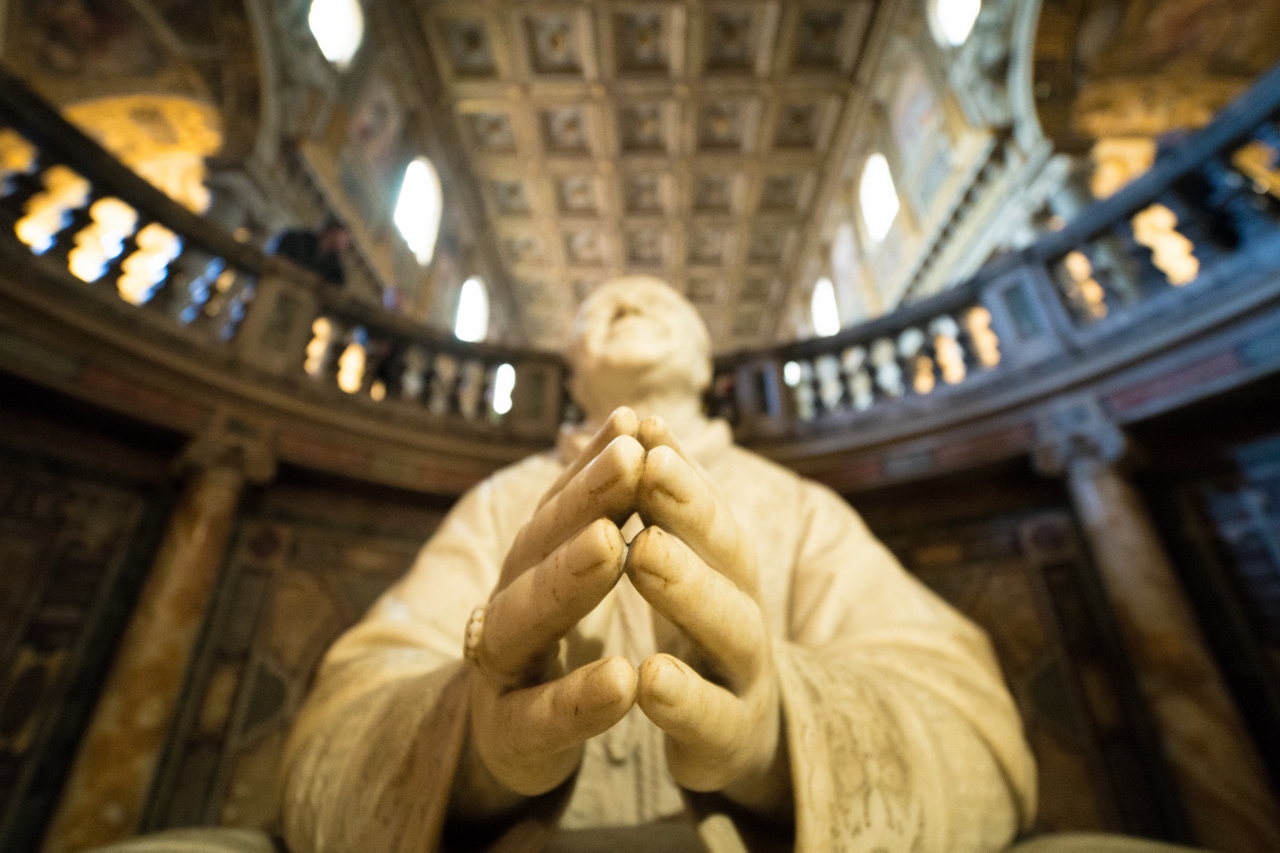If God is Good, Why Do I Suffer?
“Why, O Lord, do you stand far away? Why do you hide yourself in times of trouble? Arise, O Lord; O God, lift up your hand; forget not the afflicted” (Psalm 10:1, 12). Have you ever expressed similar questions and angst to heaven? Maybe you are in a place even now where you feel the same frustration King David felt when he penned those verses. God feels distant and unbothered by your suffering, and you wonder how he could be good if he allows your suffering to continue and evil in the world to persist.
You are not alone. Questions about God’s goodness amid suffering and evil have been asked throughout the centuries by both believers and skeptics alike. The Bible is filled with real people suffering real turmoil—including Yeshua (Jesus) himself—and godly people wrestling with God about the issue of suffering.
So, what’s the answer? If God is good, why do we suffer? Why does he allow so much evil to continue? In order to answer these questions, we need to start in Genesis, the first book in the Hebrew Scriptures.
After God created the world, he declared that everything in it—including Adam and Eve, the first humans—was good (Genesis 1:31). Evil, which is the absence of good, did not exist. But God created Adam and Eve with the freedom to choose between good and evil. He gave them only one command to obey (Genesis 2:16), and they chose to rebel against God and give into the temptation of Satan (Genesis 3:1–6). This resulted in what theologians call “the Fall of Man,” humanity’s tailspin from a state of innocence to a world of sin, death, and destruction.
But this is not the end of the story. Just as suffering and death entered the world through one man, through one man death and the devil were defeated (Romans 5:12–19). The prophet Isaiah foretold of a Messianic suffering servant from Israel who would come to reverse the consequences of Adam and Eve’s sin, defeating death through his death and resurrection (Isaiah 53). We believe that servant was Jesus.
His first coming made a way for us to find peace with God through the forgiveness of sin, and his second coming (Zechariah 12:9–10) will bring the world we long for—one free from suffering, death, and destruction—a world like the one God initially created and called “good.” The prophet Isaiah described a beautiful picture of what that future day will look like:
The wolf shall dwell with the lamb, and the leopard shall lie down with the young goat, and the calf and the lion and the fattened calf together; and a little child shall lead them. The cow and the bear shall graze; their young shall lie down together; and the lion shall eat straw like the ox. The nursing child shall play over the hole of the cobra, and the weaned child shall put his hand on the adder’s den. They shall not hurt or destroy in all my holy mountain; for the earth shall be full of the knowledge of the Lord as the waters cover the sea (Isaiah 11:6–9).
God gave a similar vision to Yeshua’s Jewish apostle Yohanan (John):
Then I saw a new heaven and a new earth, for the first heaven and the first earth had passed away. … And I saw the holy city, new Jerusalem, coming down out of heaven from God, prepared as a bride adorned for her husband. And I heard a loud voice from the throne saying, “Behold, the dwelling place of God is with man. He will dwell with them, and they will be his people, and God himself will be with them as their God. He will wipe away every tear from their eyes, and death shall be no more, neither shall there be mourning, nor crying, nor pain anymore, for the former things have passed away” (Revelation 21:1–4).
We long with anticipation for that time! But until that day, we must live on this earth filled with evil and suffering. Jesus told his disciples to expect troubles in this life but to hold on to the hope that he has defeated death and the devil and that he will return to bring world peace (John 16:33). But how do we find comfort in the meantime when we’re suffering?
First, we can take comfort in knowing that God is not far removed from our suffering: Jesus himself experienced the worst suffering any human being could ever endure, and he was tempted by the same things that tempt us (Hebrews 2:14–18). He endured suffering for the joy that would come later (Hebrews 12:1–3). Second, God promises to walk with us through our troubles and never to forsake us (Deuteronomy 31:6; John 14:18, 26–27). And third, he promises to work all things—even evil committed against us and the hardships we go through—together for our good (Romans 8:28). That is why Joseph, even after he endured much heartache and suffering after his brothers sold him into slavery in Egypt, could tell them, “You meant evil against me, but God meant it for good” (Genesis 50:20). God used Joseph’s hardships and position in Egypt to save the lives of many during famine, including Jacob and his sons.
Suffering is real, and we believe God is good. He created a world he called “good”—free from sin, suffering, and death. Our rebellion changed that, but one day Messiah will return to set up his kingdom and make things right again. Until that day, God promises to be with us through the pain. The same psalmist who wrote “Why, O Lord, do you stand far away?” ended his psalm with the following hope: “O Lord, you hear the desire of the afflicted; you will strengthen their heart; you will incline your ear to do justice to the fatherless and the oppressed” (Psalm 10:17–18).









